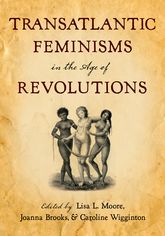Journalism: Print and Periodicals
Print and journalism in the 18 th century still share similarities to news reporting today. In the latter half of the 1700’s, journalists were writing more on their opinions and expectations of the government rather than the political positions of the monarchy. Although their headlines were longer, they were still dramatic, capturing the reader’s attention such as The Newgate Calendar ’s entry Circumstantial Account of the Life, Trial, Piracies, and Execution of Captain John Kidd, Who Was Hanged At Execution Dock . Speaking of audience, the purpose of the print was to inform its readers of the goings in politics and government. Word of mouth took weeks and months to receive new information on the happening of the world around them. Much like today, as seen in The London Magazine , more prevalent issues filled the beginnings of the pages while gossip and entertainment occupied the final pages. When it comes to style, there are some char...
